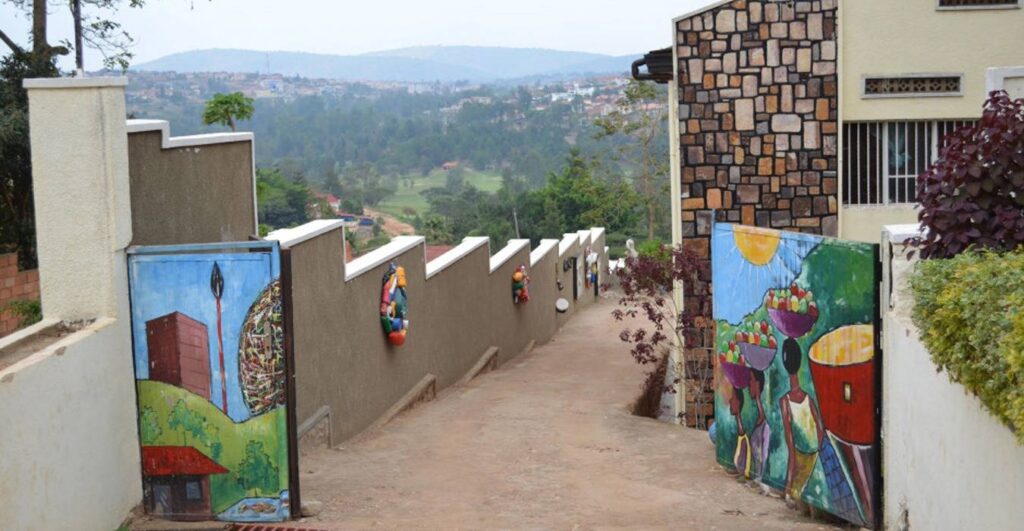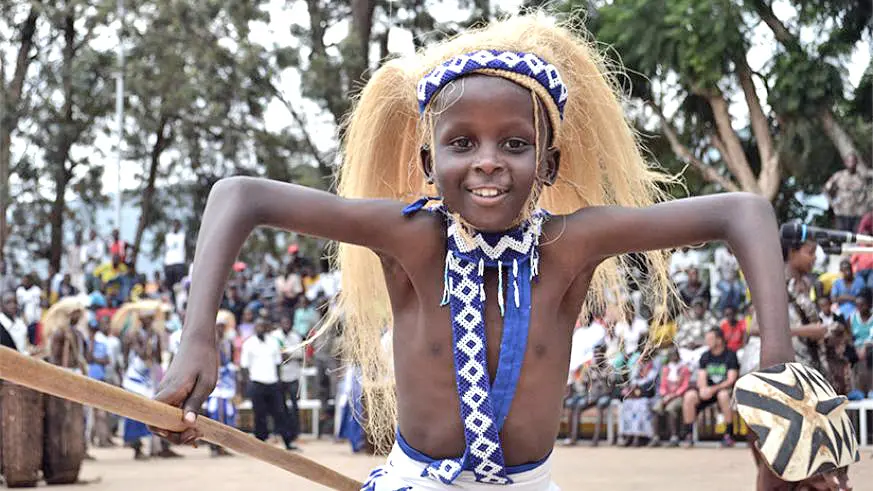Rwanda’s Cultural Festivals
Rwanda’s Cultural Festivals : Celebrating Tradition and Diversity: Rwanda, a place of vibrant customs and rich cultural heritage, comes alive with a number of colorful and exciting festivals throughout the year. Visitors have a rare chance to fully engage with the nation’s many cultures, customs, and artistic expressions during these festivals. Rwanda‘s cultural festivals provide an intriguing window into the rich fabric of this East African country, showcasing everything from traditional dances and music to delectable cuisine and handicrafts. Come along with us as we examine some of Rwanda‘s most well-known cultural festivals and learn about the festive occasions that unite local communities.
The Festival of National Culture (FESNAC): One of Rwanda’s biggest and most important cultural celebrations is the Festival of National Culture. Every two years, FESNAC presents a wide range of performances, exhibitions, and seminars that highlight the nation’s cultural variety. Artists from all around Rwanda come together to showcase their visual arts, music, storytelling, and traditional dances. Both seasoned performers and up-and-coming artists can display their abilities and express their cultural identities during the festival.
Gorilla Naming Ceremony at Kwita Izina: Every year, Volcanoes National Park has a special and significant celebration called Kwita Izina, which translates to “to give a name” in Kinyarwanda. In addition to providing a chance to name the baby mountain gorillas, this ceremony honors Rwanda‘s accomplished gorilla conservation efforts. High-profile visitors and environmentalists attend the event, which garners attention from around the world. Local communities unite throughout this festive period to present their cultural history via dance, music, and customary practices.
Umuganura Festival: Known as the National Harvest Day, Umuganura is a long-standing Rwandan custom that has been revived as a national celebration. It’s a moment to celebrate the nation’s agricultural bounty and express gratitude. Usually held in August, the festival includes events including storytelling, traditional performances, athletic competitions, and communal feasts. It is a colorful representation of Rwandan customs that highlights the role that agriculture has had in the history and identity of the country.

Rwanda Film Festival (Hillywood): An annual occasion honoring the nation’s budding film industry, the Rwanda Film Festival is also called Hillywood. This festival exhibits a varied spectrum of Rwandan and international films, including documentaries, feature films, and short films. It gives Rwandan filmmakers a stage on which to present their work and tell their tales to a larger audience. Additionally, the festival offers panel discussions, workshops, and networking opportunities for budding filmmakers, all of which support the expansion and advancement of Rwanda’s film industry.
Inema Arts Festival: Rwanda‘s lively festival of modern art is known as the Inema Arts Festival. This festival, which is organized by Kigali’s esteemed Inema Arts Center, brings together local and international artists to exhibit their works in a variety of media, such as mixed media, painting, sculpture, and photography. By allowing guests to interact with the artworks and learn more about the inspirations and creative processes that went into each piece, the festival fosters an environment for artistic inquiry and interchange.

Rwandan Traditional Dance Festival: The Rwandan Traditional Dance Festival is devoted to conserving and promoting Rwanda’s traditional dances, which have a unique place in the nation’s cultural legacy. Troupes from all parts of Rwanda come together during the event to perform traditional dances, each with its own distinct style and meaning. The tales, customs, and everyday lives of Rwandan communities are reflected in the enthralling performances that visitors can see.
Rwanda International Cultural Exhibition (RICE): Also referred to as RICE, this exhibition features cultural diversity from both Rwanda and other countries. In order to celebrate cultural exchange and promote a greater awareness of international customs, this event brings together musicians, artists, craftspeople, and performers from several nations. In a lively and welcoming environment, visitors can take in art exhibits, cultural presentations, musical performances, and gastronomic adventures.
Harvest of Peace: In Rwanda, Harvest of Peace is a community-based celebration honoring harmony, peace, and reconciliation. This annual October event honors the nation’s progress since its sad past and serves as a time for introspection and healing. Prayer sessions, cultural shows, peace walks, and community get-togethers are all part of the event. It highlights Rwanda’s continued dedication to peacebuilding and reconciliation and acts as a reminder of the resiliency and optimism that permeate the nation.
An exceptional chance to witness the richness, vitality, and tenacity of the Rwandan people is provided by the country’s cultural events. These celebrations, which range from ancient customs to modern art forms, honor the nation’s rich cultural legacy and give people a forum to unite, exchange tales, and express who they are. These festivals provide a very immersive and enriching experience, regardless of your interests—whether you are enthralled with traditional dances, enthralled with visual arts, or keen to sample Rwandan food. Therefore, make sure to consult the festival calendar while organizing your vacation to Rwanda and incorporate these colorful festivals into your schedule. You will experience the warmth and friendliness of the Rwandan people in addition to admiring the splendor of their traditional customs.



